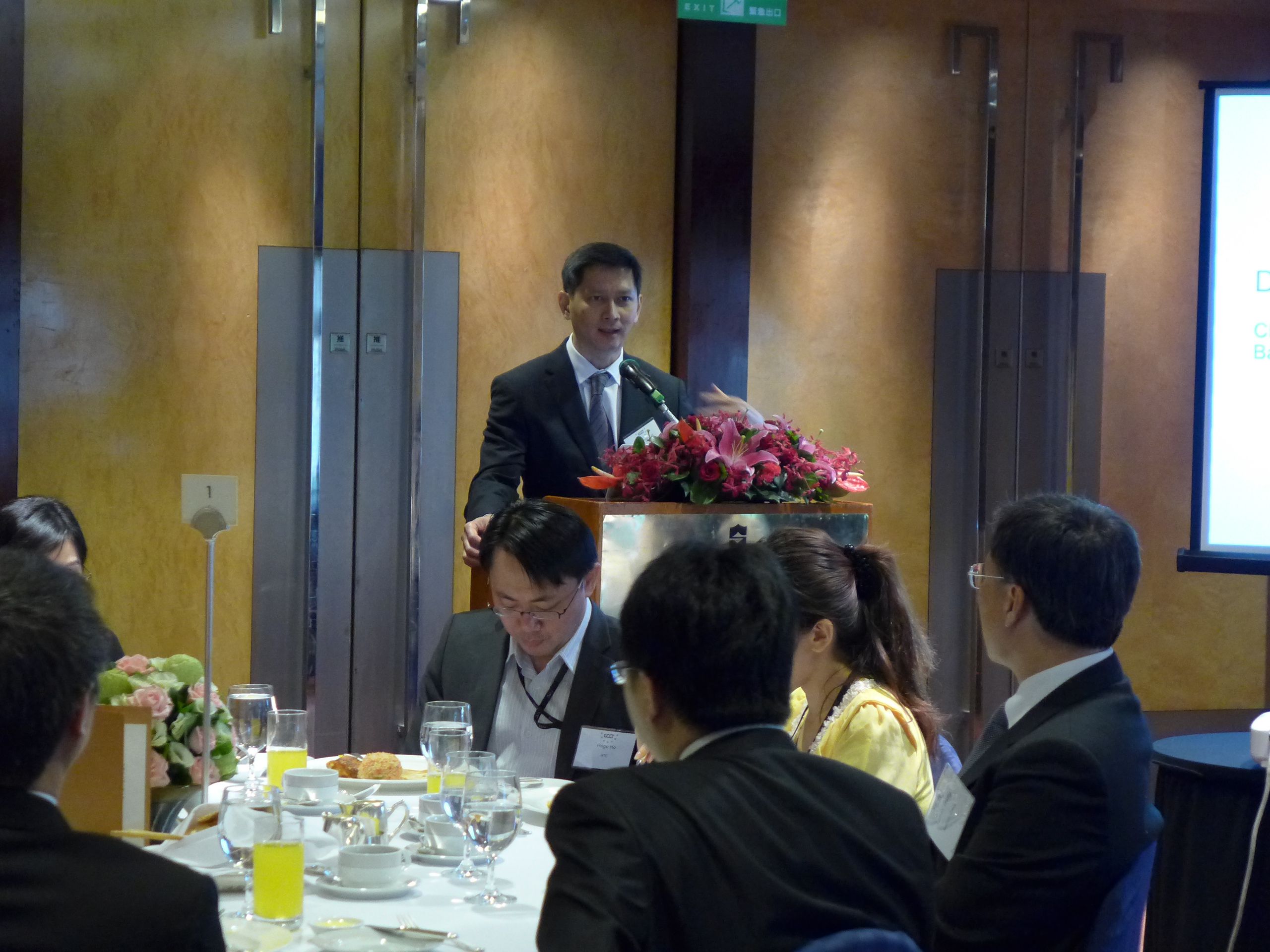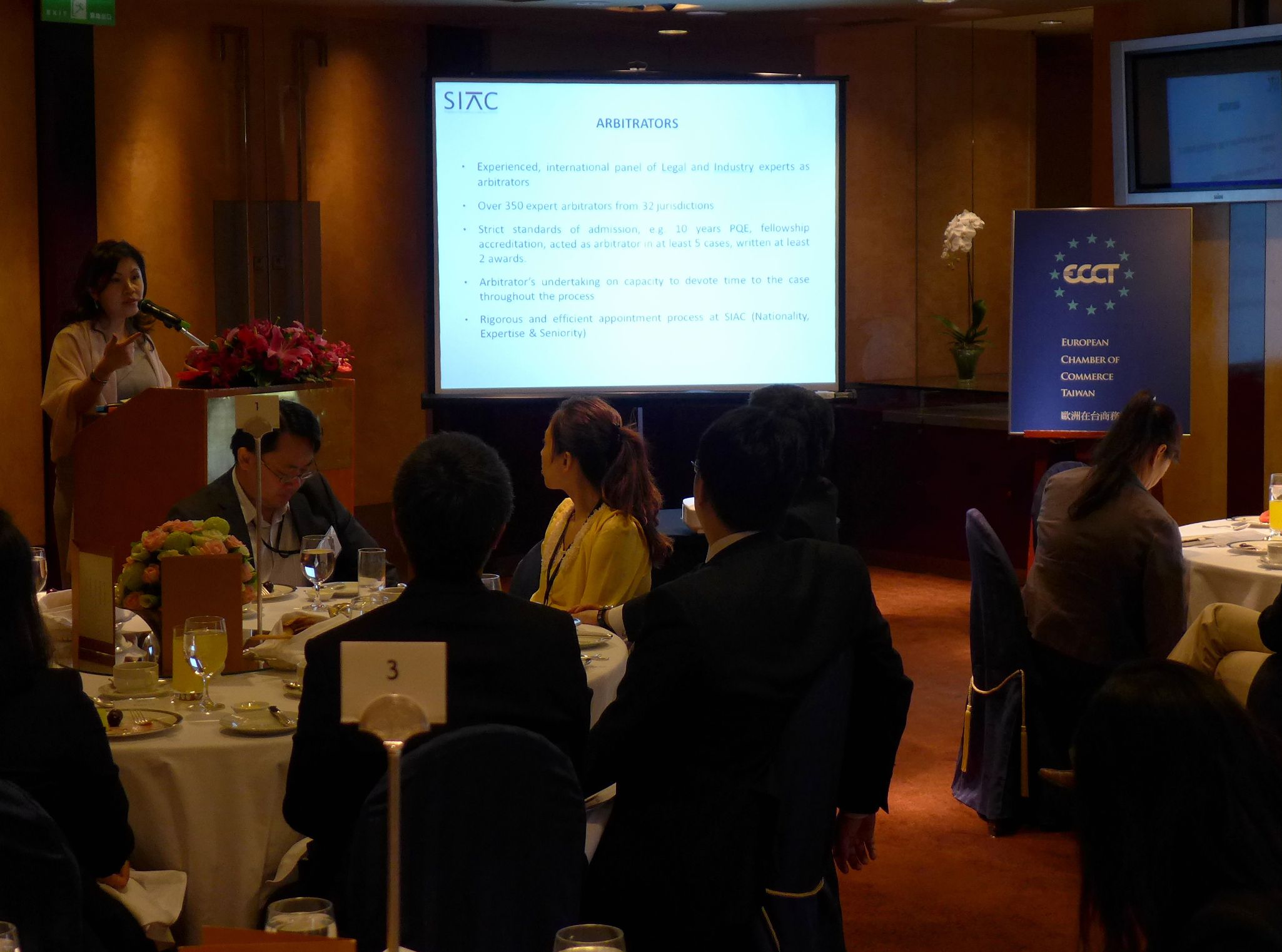International Arbitration Trends
Chan Leng-sun addressed the key features of an effective arbitration clause and some common drafting errors. He highlighted the practical issues behind the various aspects of the arbitration agreement that parties should take into account in their negotiations.
The advantage of choosing arbitration over mediation is that with arbitration, a final decision will be made, whereas this is not guaranteed with mediation. However, arbitration can only be entered into when there is a contractual agreement in place. In many cases arbitration is preferred to litigation, which can be much more complicated and expensive.
International arbitration has become popular because decisions are enforceable in multiple jurisdictions, unlike local judgements. The Convention on the Recognition and Enforcement of Foreign Arbitral Awards, also known as the New York Arbitration Convention or simply the New York Convention, is one of the key instruments in international arbitration. It applies to the recognition and enforcement of foreign arbitral awards and the referral by a court to arbitration. To date 150 countries have signed the convention, thereby agreeing to enforce arbitration awards made by their counterparts. Taiwan is not party to the convention given its unique political status but Chan noted that Singapore recognises Taiwanese judgments and enforcement of arbitration judgements made in Singapore, for example, are enforced in Taiwan.
Chan gave a few tips to avoid common errors that parties make regarding arbitration clauses in their contracts. The parties must commit to arbitration. The place or ‘seat' of arbitration must be specified as the place will determine which country's laws will be applied. Parties may specify a third country as the place to ensure neutrality. If one party has to compromise and choose either their preferred seat or which country's law should govern the arbitration, Chan believes that the seat is much more important to ensure a fair outcome. Pick an institution or governing authority with matching rules. Parties should specify the number of arbitrators (otherwise local law will determine the number). Specify the language of arbitration. Specify which disputes may be subject to arbitration. When choosing a forum, make sure to choose one that follows the rule of law and has a variety of arbitrators to choose from. Some common mistakes in arbitration clauses include English and Chinese versions contradicting each other and clauses which do not specify the arbitration body.
Lim Seok-hui gave an overview of the Singapore International Arbitration Centre (SIAC). Singapore is growing in popularity as an arbitration centre for many reasons including its status as a hub for a number of industries, its well-developed, advanced and arbitration-friendly legal system, the ease of hiring foreign experts, its modern infrastructure and the ease of enforcement of awards rendered in Singapore.
SIAC is a fast-growing non-profit organisation. It has seen a sharp rise in cases in recent years. In 2012 it took on 235 new cases, almost three times more than its Hong Kong counterpart. If ongoing cases are included, SIAC is working on over 600 cases. 85% of the cases are international and 40% of them have no connection to Singapore at all. Of these, the highest number of new cases were initiated by parties from China (52), followed by India (49), the United States (37 – the counterparty in most of these cases was from China) and Indonesia (28).
SIAC has at its disposal a large and very experienced international panel of legal and industry experts as arbitrators - over 350 expert arbitrators from 32 jurisdictions. Singapore's judicial system is very friendly towards arbitration, taking the position of maximum support and minimal intervention in arbitration cases, according to Lim. It is very easy to bring in foreign legal and other experts to work on arbitration cases and Singapore offers tax exemptions to arbitration parties.
SIAC publishes redacted awards to help educate users about how rules are implemented. Cost and timelines are the most important factors in any dispute, according to Lim. SIAC has a good track record on both scores with measures in place to enhance efficiency and cut costs. The targeted time range for completion of cases is 6-18 months. In terms of costs, parties can get an upfront estimate of costs including the maximum possible cost (fee cap). Lim noted that most cases end up costing much less than the fee cap and that SIAC's fees are lower than its competitors. SIAC and Singapore awards have been enforced in different jurisdictions including Australia, China, Hong Kong, India, Indonesia, Jordan, Malaysia, Thailand, Taiwan, the USA and Vietnam.


